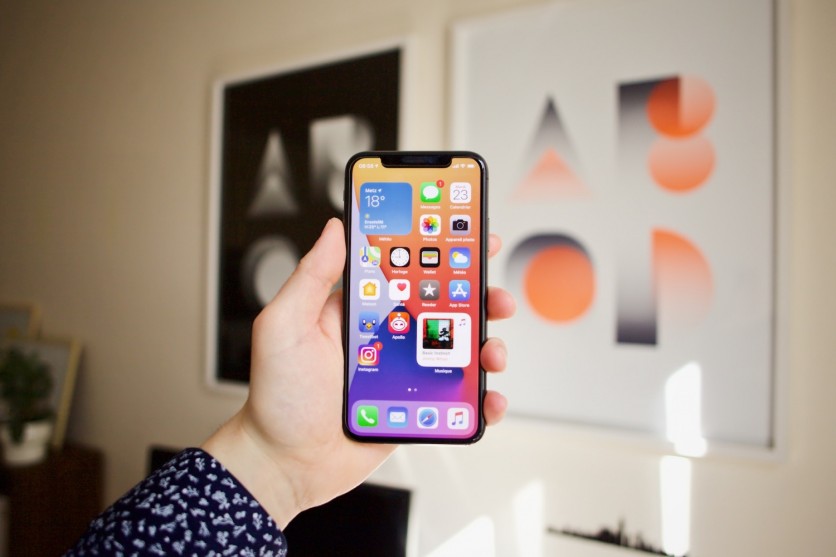Wangshendongjian Technology, a Chinese tech company, has reportedly succeeded in breaching the encryption safeguarding Apple's AirDrop wireless file-sharing functionality.
Judicial authorities in Beijing revealed that the company's breakthrough enabled law enforcement to trace individuals involved in transmitting "inappropriate information" through AirDrop within the Beijing subway.
The worst part here is that Apple has been aware of this vulnerability since 2019.
Curbing Inappropriate Messages Brought by AirDrop

According to CNN, Wangshendongjian Technology assisted the police in identifying senders who used AirDrop to disseminate inappropriate content.
The report says that the Beijing Justice Bureau stated that the company successfully linked the senders' mobile phone numbers and email addresses to curb the misuse of the popular wireless file-sharing feature.
While specific details about the nature of the messages remain undisclosed, authorities noted that several suspects had been identified.
Related Article : Apple: iOS 16.2's AirDrop for Everyone Limits to 10 Mins. Worldwide -Not Just for China
AirDrop's Role in Nuisance Messages and Protests
AirDrop has been under scrutiny in Chinese cities for contributing to nuisance messages received by commuters on public transportation. Moreover, reports suggest that protesters leveraged AirDrop to circulate anonymous messages critical of the Chinese government towards the end of 2022.
Since this is a win in cybersecurity, Wangshendongjian's accomplishment in overcoming the challenges of anonymous traceability through AirDrop is hailed as a crucial step in preventing the dissemination of inappropriate content.
International media outlets, including The New York Times and Vice World News, reported instances where Chinese residents utilized AirDrop to distribute leaflets and images aligned with slogans from a rare protest against Chinese leader Xi Jinping in October 2022.
Apple Aware of AirDrop Flaw Since 2019
9to5Mac reports that Apple has been alerted about the AirDrop vulnerability since 2019. At that time, security experts said that users faced risks when they entered their email addresses and phone numbers when sending a file or document to another device.
Alexander Heinrich, a researcher at TU Darmstadt warned Apple to address the issue on iOS 16 regarding AirDrop. However, the iPhone maker appears to have turned a blind eye to the issue.
One thing that Heinrich and his team thought was that switching to an AirDrop alternative would mean the original feature would stop working on other devices. This is because it is not backward-compatible in the first place.
Although it's quite late, the Cupertino giant took measures to restrict AirDrop sharing with non-contacts for devices in China in November 2022, subsequently implementing the same globally. This adjustment aimed to enhance user privacy by limiting file-sharing capabilities with unknown individuals.
If there's an AirDrop, there's also a NameDrop, a new iOS 17 feature. Authorities urged parents to look after their children when using the iPhone since it poses risks to young users.
If someone obtains the children's personal data, this might be a big problem for both parents and children.

ⓒ 2025 TECHTIMES.com All rights reserved. Do not reproduce without permission.




